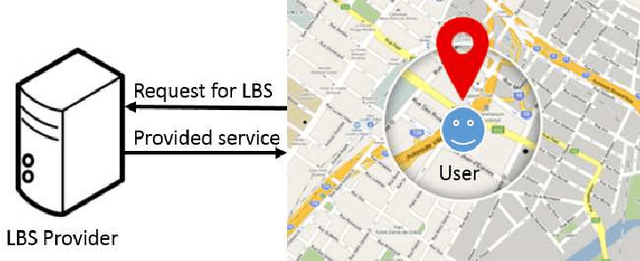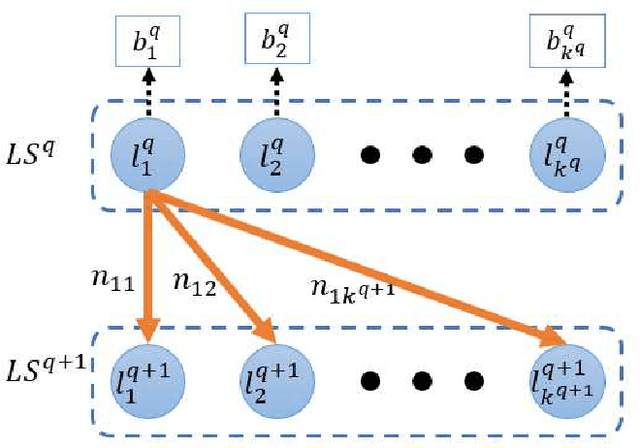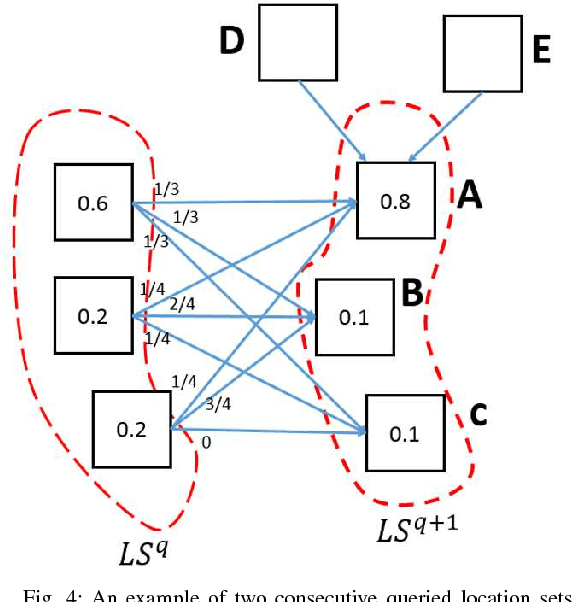Privacy Preservation in Location-Based Services: A Novel Metric and Attack Model
Paper and Code
May 16, 2018



Recent years have seen rising needs for location-based services in our everyday life. Aside from the many advantages provided by these services, they have caused serious concerns regarding the location privacy of users. An adversary such as an untrusted location-based server can monitor the queried locations by a user to infer critical information such as the user's home address, health conditions, shopping habits, etc. To address this issue, dummy-based algorithms have been developed to increase the anonymity of users, and thus, protecting their privacy. Unfortunately, the existing algorithms only consider a limited amount of side information known by an adversary which may face more serious challenges in practice. In this paper, we incorporate a new type of side information based on consecutive location changes of users and propose a new metric called transition-entropy to investigate the location privacy preservation, followed by two algorithms to improve the transition-entropy for a given dummy generation algorithm. Then, we develop an attack model based on the Viterbi algorithm which can significantly threaten the location privacy of the users. Next, in order to protect the users from Viterbi attack, we propose an algorithm called robust dummy generation (RDG) which can resist against the Viterbi attack while maintaining a high performance in terms of the privacy metrics introduced in the paper. All the algorithms are applied and analyzed on a real-life dataset.
 Add to Chrome
Add to Chrome Add to Firefox
Add to Firefox Add to Edge
Add to Edge